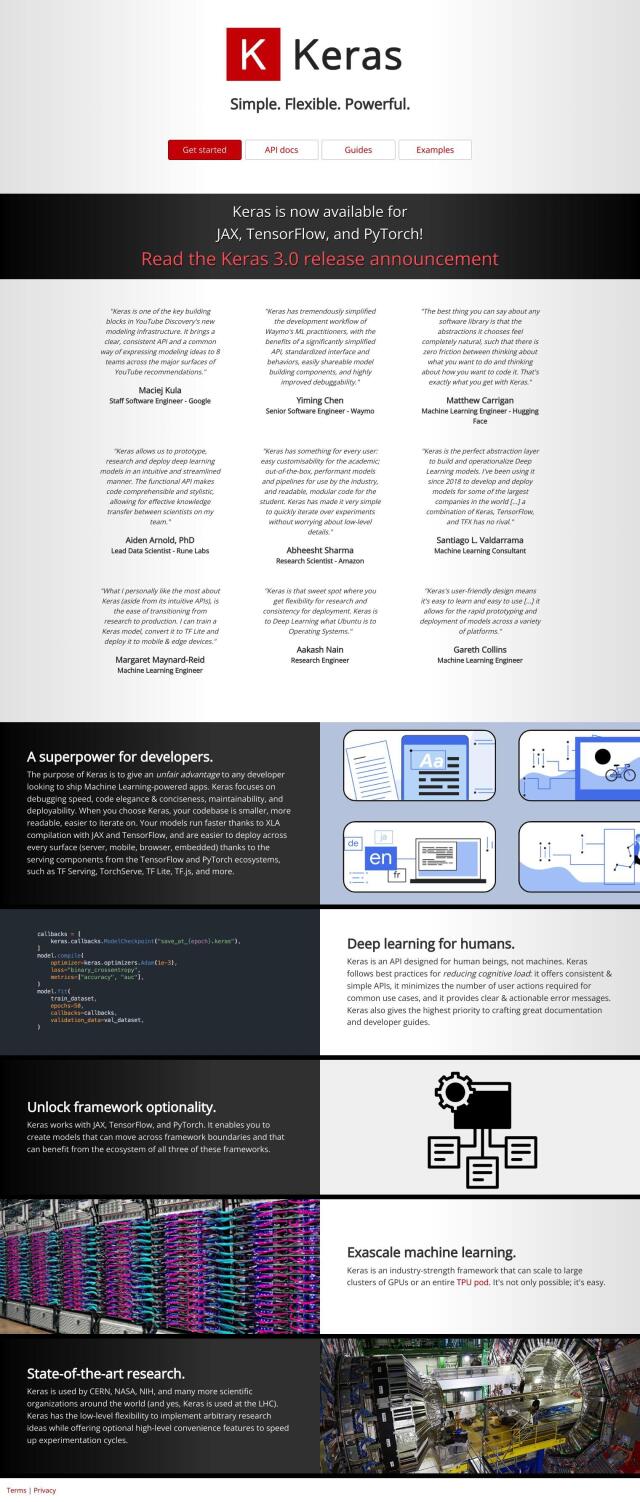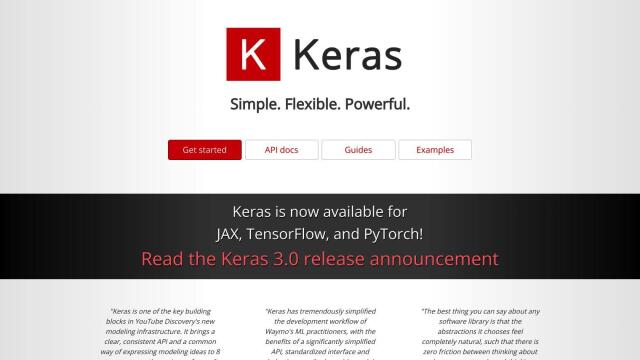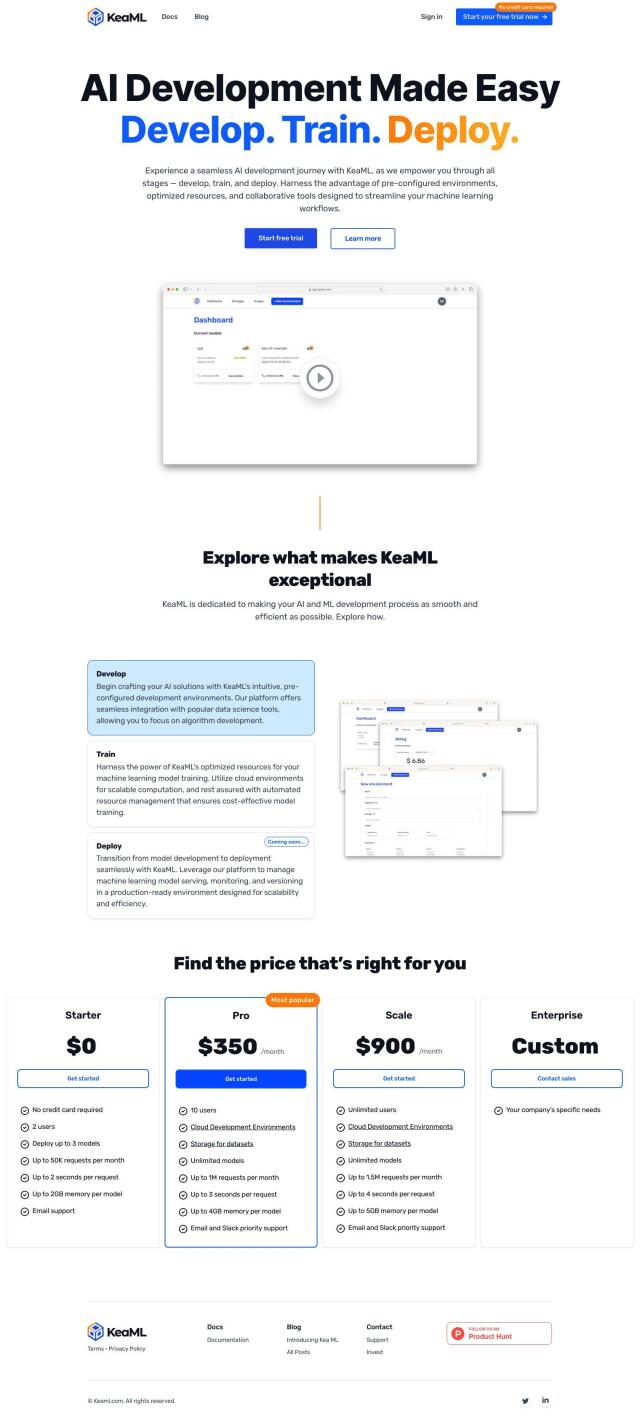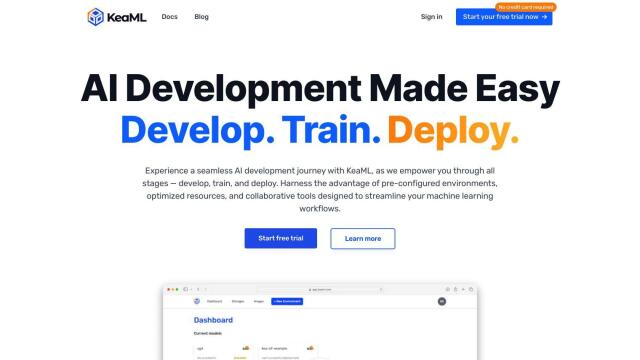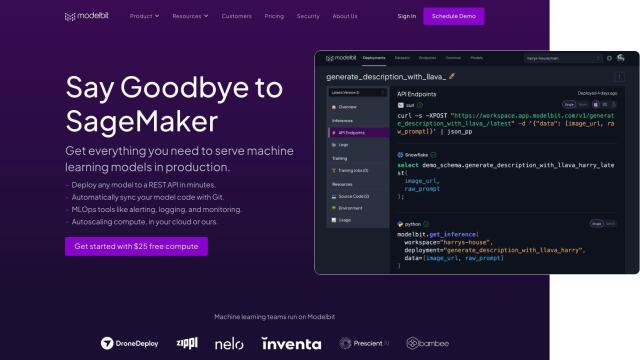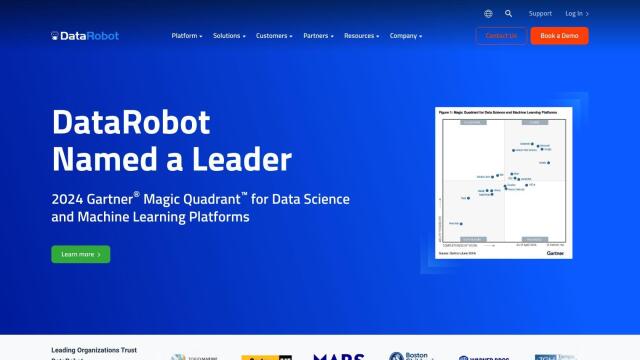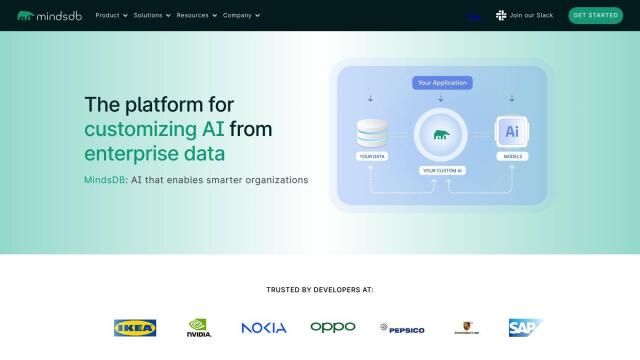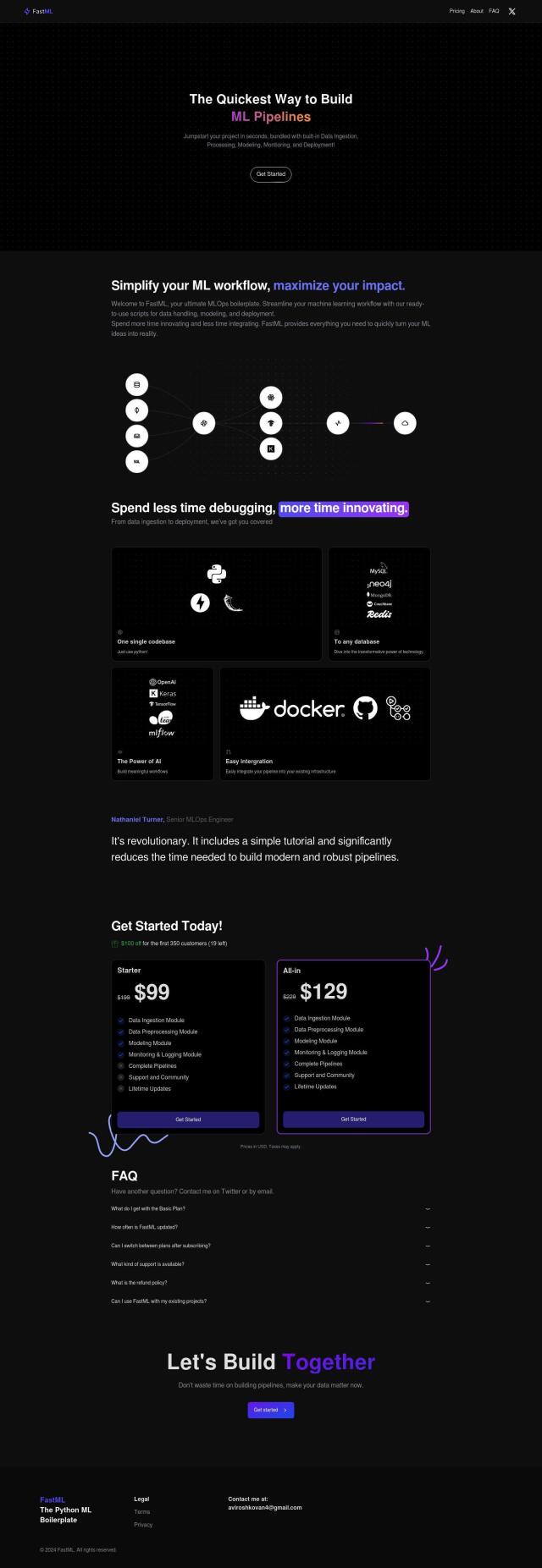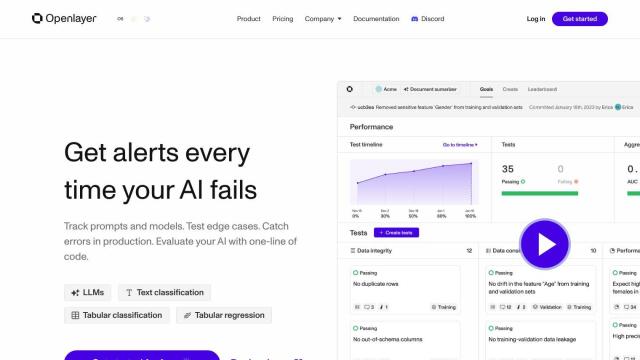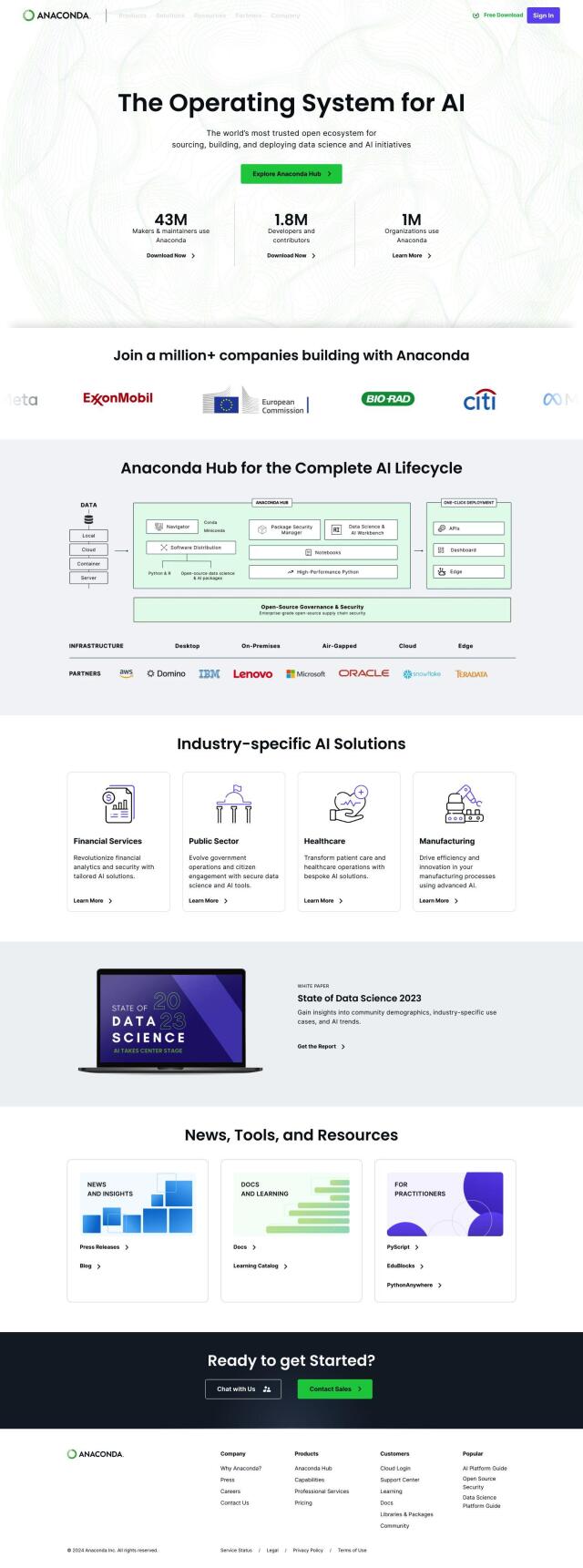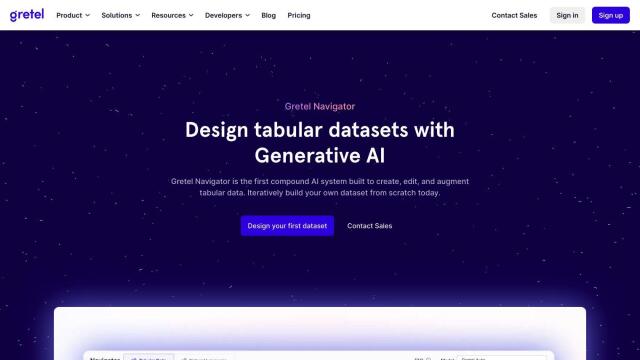Question: Can you suggest an open-source machine learning tool that supports dimensionality reduction and model selection?
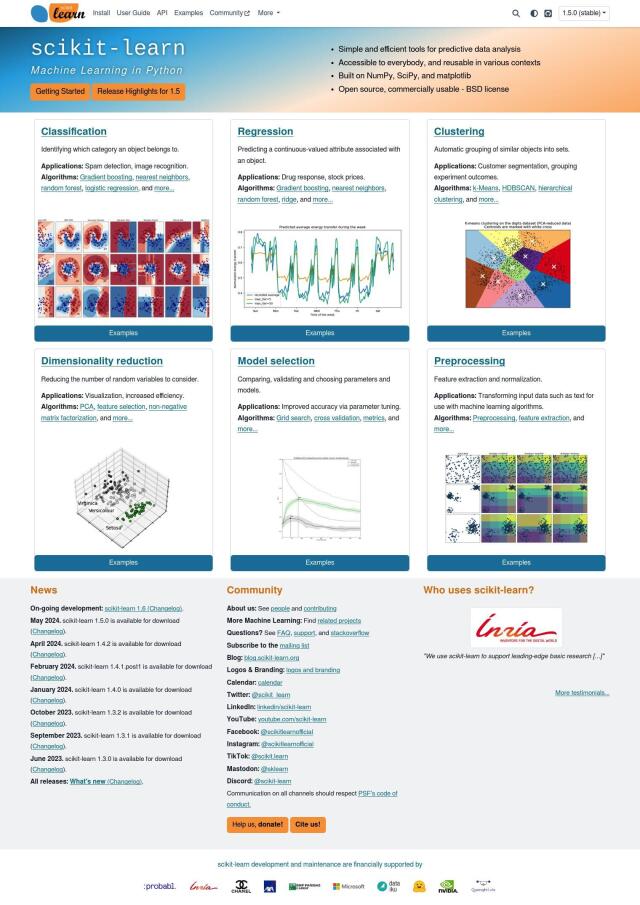
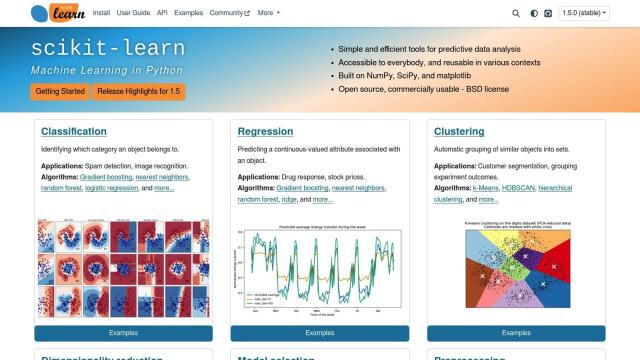
scikit-learn
If you're looking for an open-source machine learning tool that supports dimensionality reduction and model selection, scikit-learn is an excellent choice. This comprehensive library in Python offers a wide range of functionalities, including PCA, k-Means, and HDBSCAN for dimensionality reduction, and various algorithms for model selection. It's well-suited for beginners and experienced users alike and supports numerous applications like image recognition and customer segmentation.

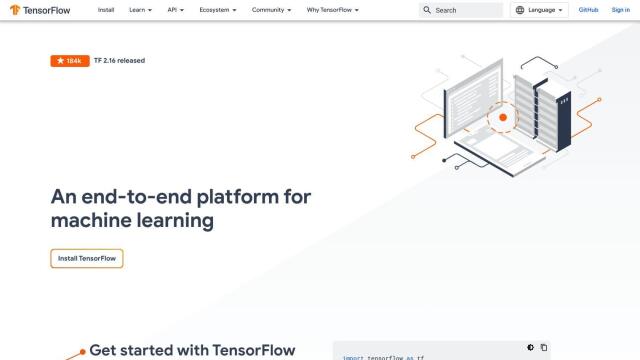
TensorFlow
Another strong option is TensorFlow, an open-source platform that offers a flexible environment for developing and running machine learning models. It includes tools for dimensionality reduction such as PCA and t-SNE, and provides various APIs for model selection. TensorFlow supports a wide range of applications, including on-device machine learning and reinforcement learning, and offers extensive resources for both beginners and experts.

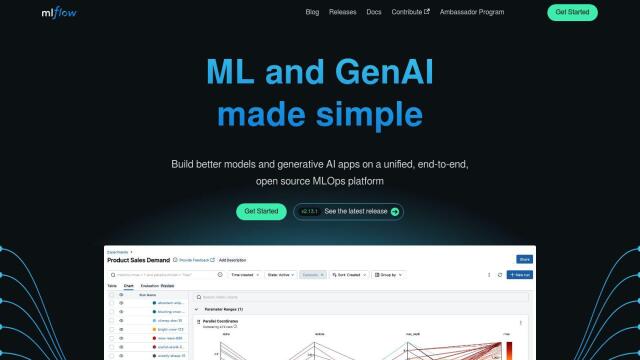
MLflow
MLflow is an open-source MLOps platform that manages the full lifecycle of ML projects. It includes support for dimensionality reduction and model selection through integration with popular libraries like scikit-learn and TensorFlow. MLflow provides a unified environment for managing experiments, models, and hyperparameters, making it ideal for improving collaboration and workflow efficiency.


PyTorch
Lastly, consider PyTorch, a flexible and powerful machine learning framework that supports dimensionality reduction using techniques like PCA. PyTorch offers easy switching between eager and graph modes and includes extensive libraries and tools for model interpretability and deployment on mobile devices, making it suitable for a broad range of use cases.




